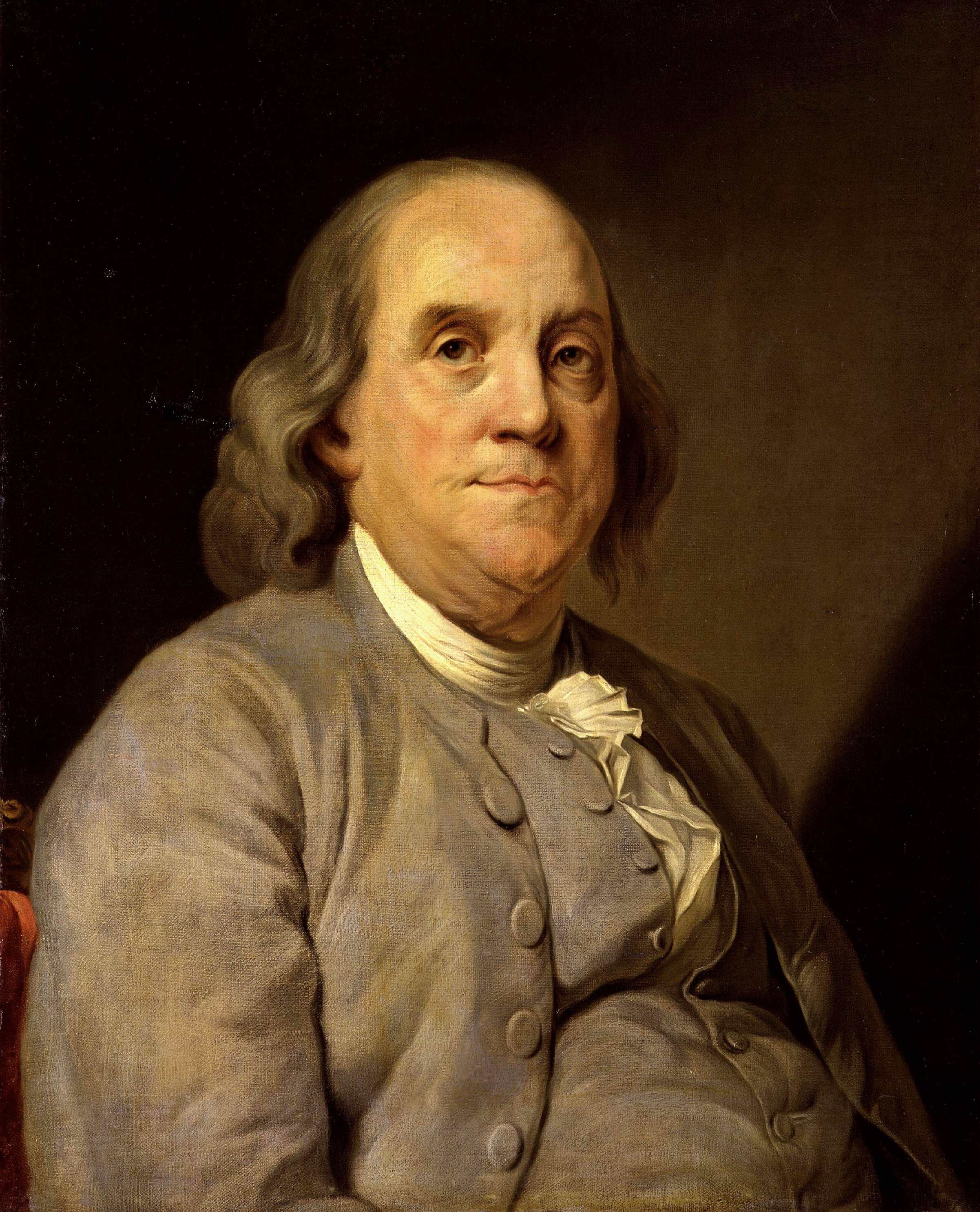Franklin formulated a presentation of his beliefs and published it in 1728. It did not mention many of the Puritan ideas as regards belief in salvation, the divinity of Jesus, and indeed most religious dogma. He clarified himself as a deist in his 1771 autobiography, although he still considered himself a Christian.
Deism is the belief that reason and observation of the natural world are sufficient to determine the existence of a creator, accompanied with the rejection of revelation and authority as a source of religious knowledge.
In 1790, just about a month before he died, Franklin wrote a letter to Ezra Stiles, president of Yale University, who had asked him his views on religion:
As to Jesus of Nazareth, my Opinion of whom you particularly desire, I think the System of Morals and his Religion, as he left them to us, the best the world ever saw or is likely to see; but I apprehend it has received various corrupt changes, and I have, with most of the present Dissenters in England, some Doubts as to his divinity; tho' it is a question I do not dogmatize upon, having never studied it, and I think it needless to busy myself with it now, when I expect soon an Opportunity of knowing the Truth with less Trouble ...
Thirteen Virtues
Franklin sought to cultivate his character by a plan of 13 virtues, which he developed at age 20 (in 1726) and continued to practice in some form for the rest of his life. His autobiography lists his 13 virtues as:
- "Temperance. Eat not to dullness; drink not to elevation."
- "Silence. Speak not but what may benefit others or yourself; avoid trifling conversation."
- "Order. Let all your things have their places; let each part of your business have its time."
- "Resolution. Resolve to perform what you ought; perform without fail what you resolve."
- "Frugality. Make no expense but to do good to others or yourself; i.e., waste nothing."
- "Industry. Lose no time; be always employ'd in something useful; cut off all unnecessary actions."
- "Sincerity. Use no hurtful deceit; think innocently and justly, and, if you speak, speak accordingly."
- "Justice. Wrong none by doing injuries, or omitting the benefits that are your duty."
- "Moderation. Avoid extremes; forbear resenting injuries so much as you think they deserve."
- "Cleanliness. Tolerate no uncleanliness in body, cloaths, or habitation."
- "Tranquility. Be not disturbed at trifles, or at accidents common or unavoidable."
- "Chastity. Rarely use venery but for health or offspring, never to dullness, weakness, or the injury of your own or another's peace or reputation."
- "Humility. Imitate Jesus and Socrates."
Franklin did not try to work on them all at once. Instead, he would work on one and only one each week "leaving all others to their ordinary chance". While Franklin did not live completely by his virtues and by his own admission, he fell short of them many times, he believed the attempt made him a better man contributing greatly to his success and happiness, which is why in his autobiography, he devoted more pages to this plan than to any other single point; in his autobiography Franklin wrote, "I hope, therefore, that some of my descendants may follow the example and reap the benefit."
***
Despite what I call myself as an adult...
As I was born into the First United Methodist Church of Prescott, Arkansas; helped raised by same Methodist Church; graduated from High School same Methodist Church...
As stuff put into our heads when a kid never really goes away...
Have always been and will always be Methodist till the day I die...
No less
than
Jesus ever stopped being a Jew.
Jesus ever stopped being a Jew.
(Grandpa Wolfe surrounded by Franklin In-Laws)





.jpg)

No comments:
Post a Comment